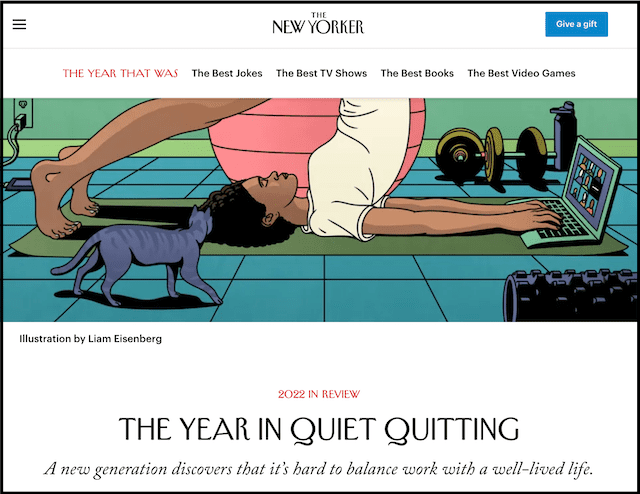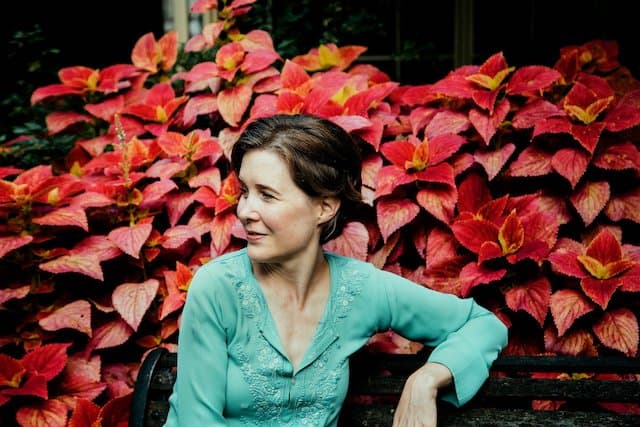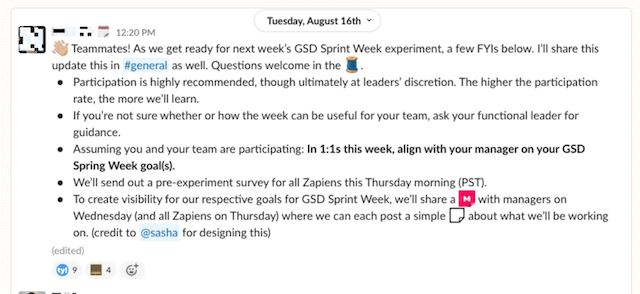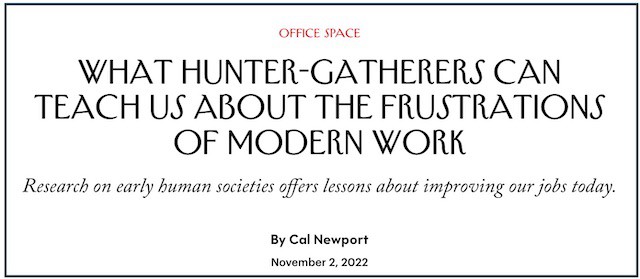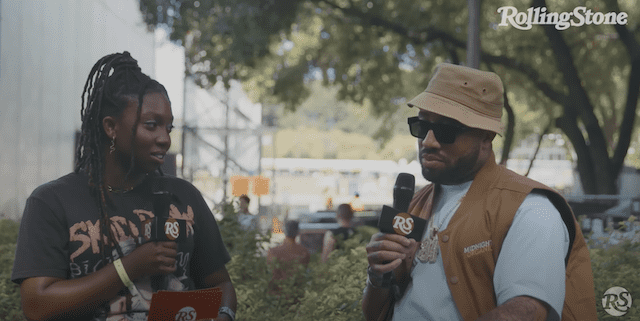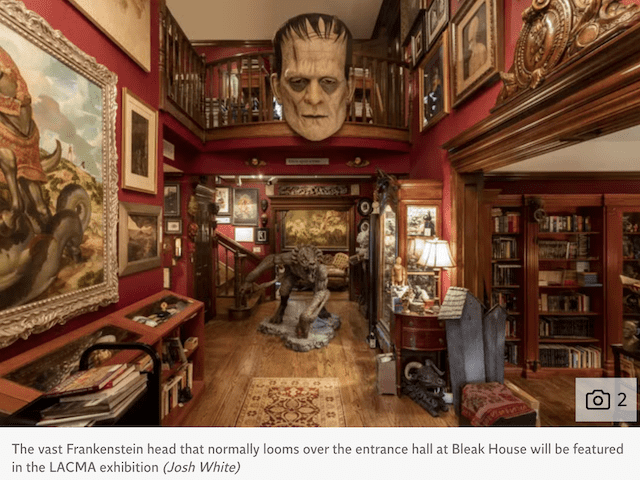
When the Academy Award-winning director Guillermo del Toro was a boy growing up in Guadalajara, his mother bought him a Victorian-style writing desk. “I kept my comic books in the drawers, my books and horror action figures on the shelves, and my writing and drawing stuff on the desk,” Del Toro recalled in a 2016 profile. “I guess that was the first, smallest version of my collection.”
As the director began to find success as an adult with his beautifully imagined, macabre fantasies, like Hellboy, Pan’s Labyrinth and Nightmare Alley, he was able to indulge his collecting instinct more seriously, amassing “a vast physical collection of strange and wonderful memorabilia.” Eventually, Del Toro’s objects became too much to manage.
As he explained in an NPR interview:
“We were living in a three-bedroom house and I magically had occupied four spaces. So it came to a point where the collection was much bigger than the family life. I was hanging up a picture, a really creepy painting by Richard Corben. My wife says, ‘That’s too close to the kitchen, the kids are gonna be freaked out.'”
So Del Toro took the natural next step: he bought a second house in the same neighborhood. His plan was to use the new residence to organize and store his growing collection and provide a quiet place for him to work. As an homage to Charles Dickens, he called it Bleak House.

